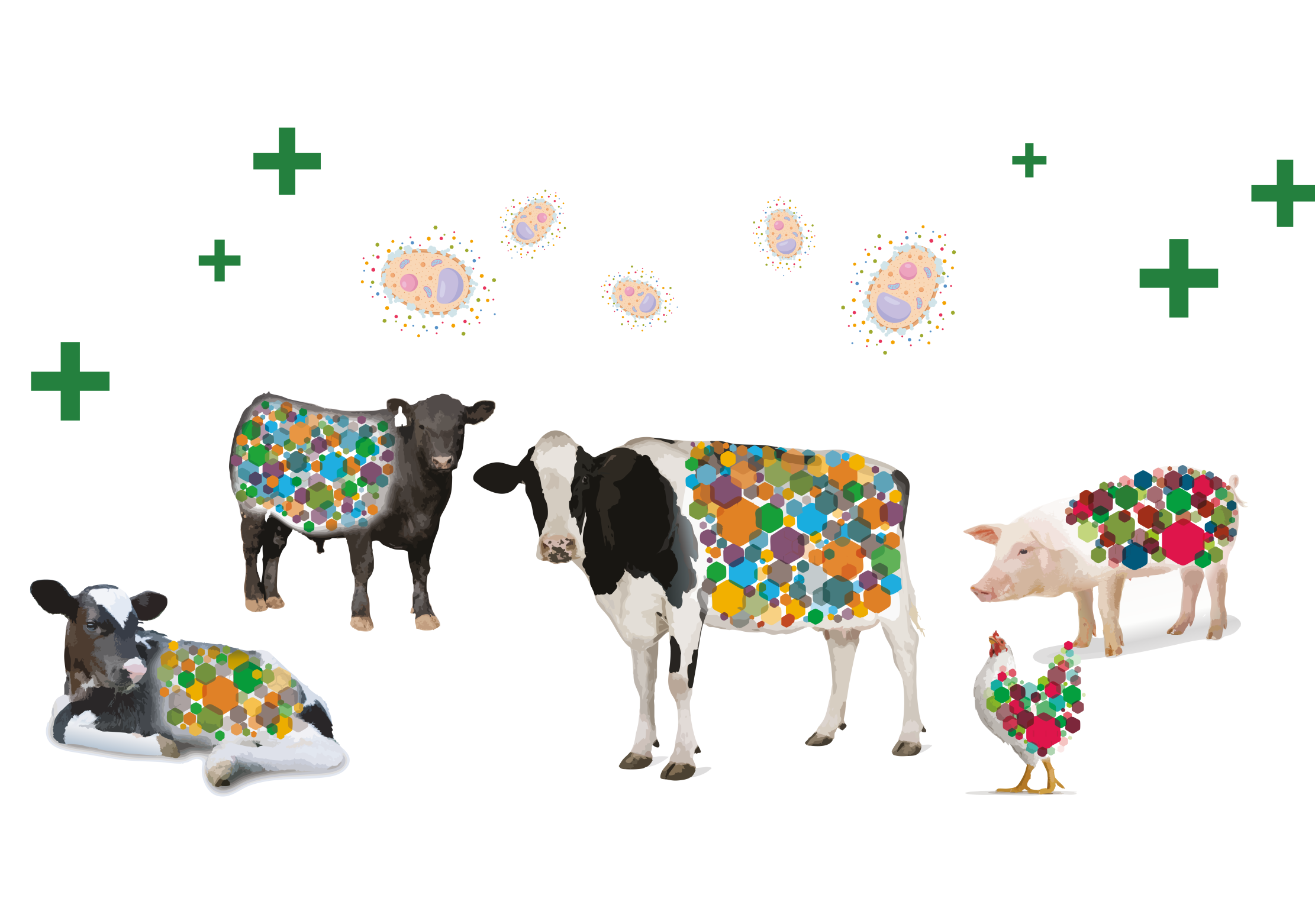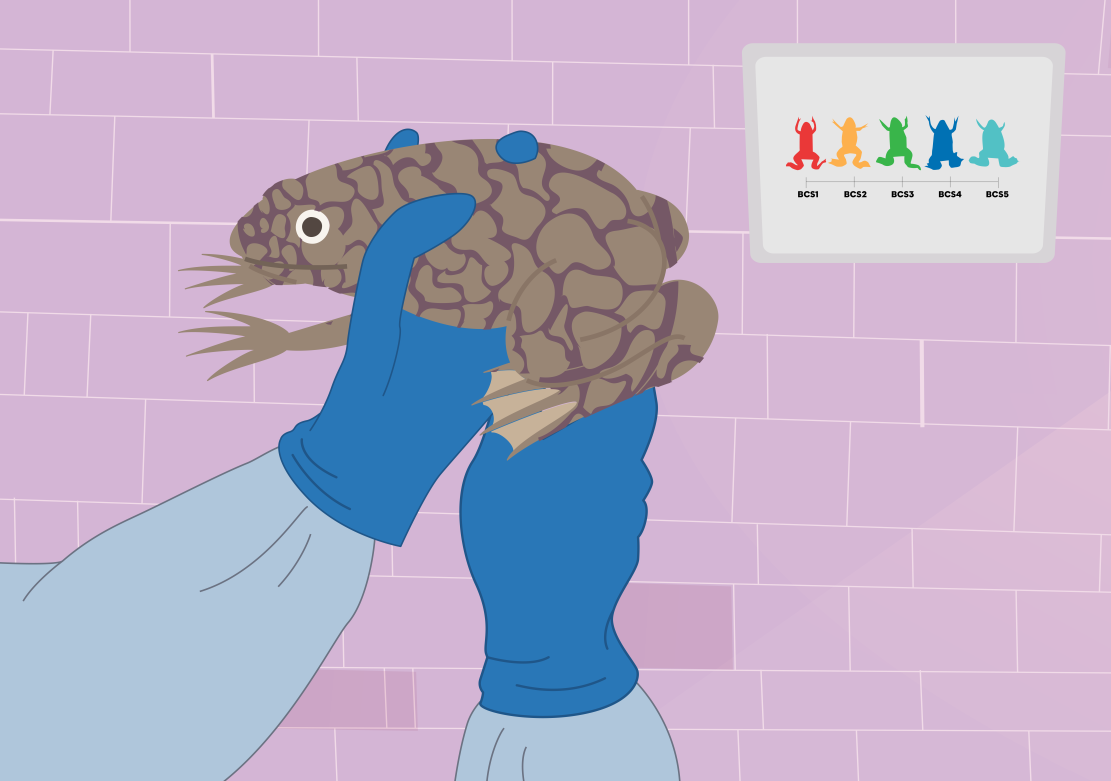Broadening participation in academic environments is crucial to enhancing the learning experience of faculty and students, expanding perspectives among people from different backgrounds, improving research processes and outcomes, and fostering greater innovation. Ensuring all individuals have access to education also leads to socio-economic growth, health benefits and life-long learning skills. Indeed, all people belong in the academy. Read More
The WVU ADVANCE Center includes researchers from disciplines and interdisciplinary fields across a range of natural science, social science, professional, humanistic and creative subjects. These experts develop theories and practical interventions that foster the sense of belonging among individuals necessary for climates where many different kinds of faculty and students thrive.
Most models of how to broaden participation focus on either institution-level strategies, such as university policies, or trainings for individuals to address interpersonal dynamics. In contrast, the WVU ADVANCE Center focuses on group-level interventions.
The group-level interventions that define the Center’s work increase multiple-perspective taking, amplify the voices of those who may feel silenced or ignored, and augment the sense of belonging among group members that fuel organizational change.
Psycho-emotional dynamics arise from the expectations that group members have of each other and those in authority. When members meet – or fail to meet – these expectations, a social atmosphere is created that determines the possibility – or lack thereof – for transformation.
The desired dynamic is when group members work together, with high belief in their collective ability to achieve positive outcomes. This creates a group atmosphere with the energy needed for change – including prioritizing taking action, working through inevitable conflict, persevering during setbacks, and adapting as needed.
Two interventions to create this group atmosphere through a psycho-emotional dynamic process. The first is Dialogues – a workshop designed to reduce dependency on administrative leaders, while also promoting collective efficacy, the inclusion of all group members, and productive conflict resolution.
The Dialogues process is designed to create an atmosphere in which all group members feel included and heard, thus generating positive emotions, strengthening a sense of belonging, and encouraging continued group action toward achieving goals and priorities to ensure educational access by all groups of people.
The second intervention, the Change Agent Course, complements the Dialogues process. The Course enhances participants’ liberatory consciousness – defined as the ideal of liberty, justice and freedom for all – through critical conversations that lead to action.
First, group members reflect on how their organizational culture might inadvertently lead to differential outcomes for students and faculty. The group then identifies changes that promote processes and practices to support the success of all people. The point of the Course is to build capacity, at the group level, for collective change.
The Center’s work provides a valuable example of how group-level dynamics can be harnessed to broaden participation in institutions of higher education.
You can learn more about the ADVANCE Center at advance.wvu.edu or follow us on Facebook and Instagram.







